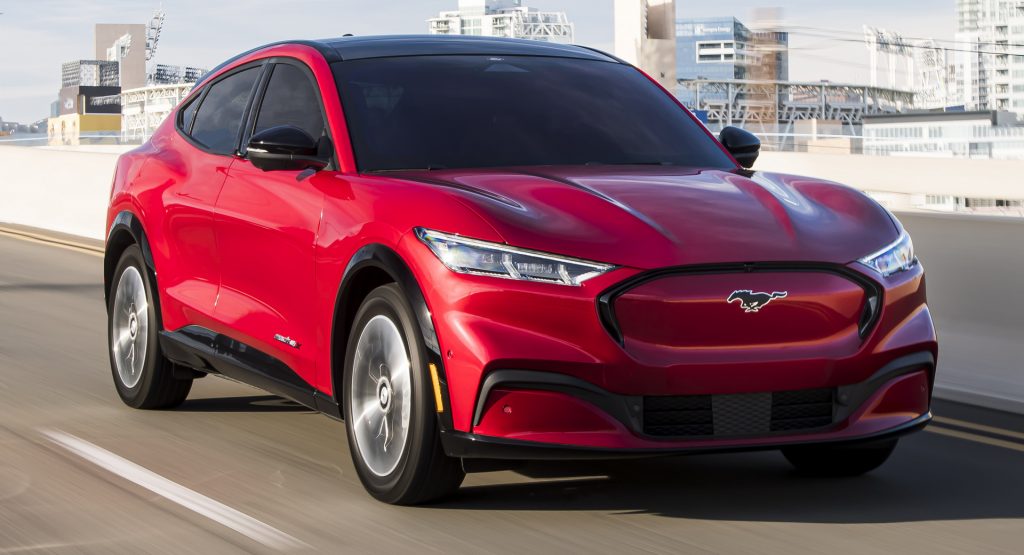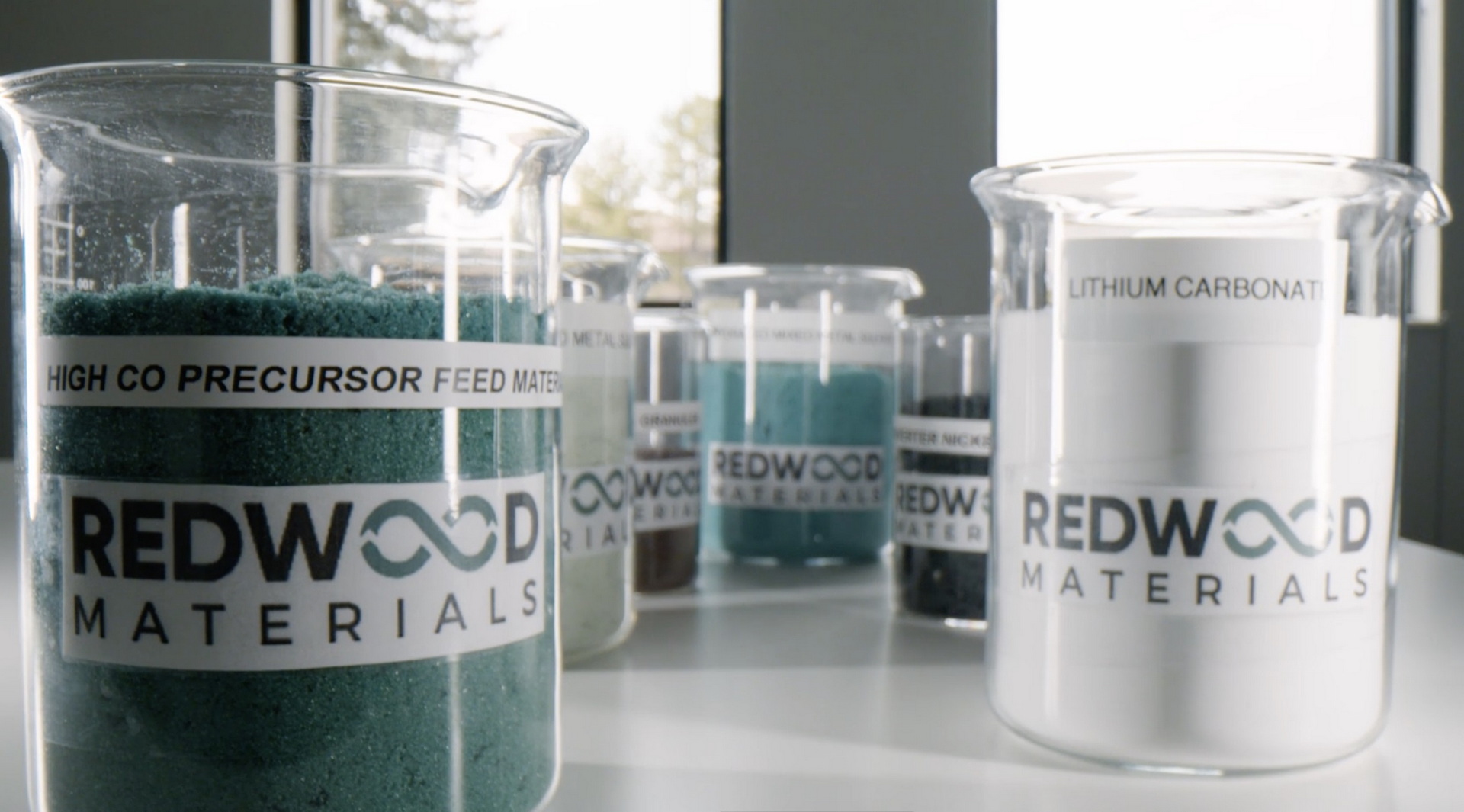Ford today announced that it is partnering with Redwood Materials, a company founded by J.B. Straubel, one of Tesla’s co-founders. Together, they will seek to create a U.S. supply chain for EV batteries.
With a goal of making EVs as sustainable as possible, the companies are looking to incorporate recycling into Ford’s domestic battery strategy. That will allow Ford to import fewer materials, reducing the need for carbon-costly shipping or mining.
“We are designing our battery supply chain to create a fully closed-loop lifecycle to drive down the cost of electric vehicles via a reliable U.S. materials supply chain,” said Lisa Drake, Ford’s North America chief operating officer. “This approach will help ensure valuable materials in end-of-life products re-enter the supply chain and do not wind up in landfills, reducing our reliance on the existing commodities supply chain that will be quickly overwhelmed by industry demand.”
Read Also: Tesla Co-Founder To Produce EV Cathodes In The U.S.
In pursuit of that mission, Redwood Materials claims it can recover 95 percent of elements like nickel, cobalt, lithium, and copper on average from old batteries. These materials can then be reused in batteries, with the recycler moving to produce copper foil and cathode active materials for future batteries.
“Ford is making electric vehicles more accessible and affordable through products like the all-electric F-150 Lightning, Mustang Mach-E and E-Transit, and much more to come,” said Jim Farley, Ford president and CEO. “Our partnership with Redwood Materials will be critical to our plan to build electric vehicles at scale in America, at the lowest possible cost, and with a zero-waste approach.”
In the long-term, Ford and Redwood plan to continue to work together to recycle the batteries coming out of the automaker’s EVs at the end of their lives. This, the companies say, will help reduce the cost of battery repairs and the raw materials to produce new batteries.
“Redwood and Ford share an understanding that to truly make electric vehicles sustainable and affordable, we need to localize the existing complex and expensive supply chain network, create pathways for end-of-life vehicles, ramp lithium-ion recycling and increase battery production, all here in America,” said Straubel.






